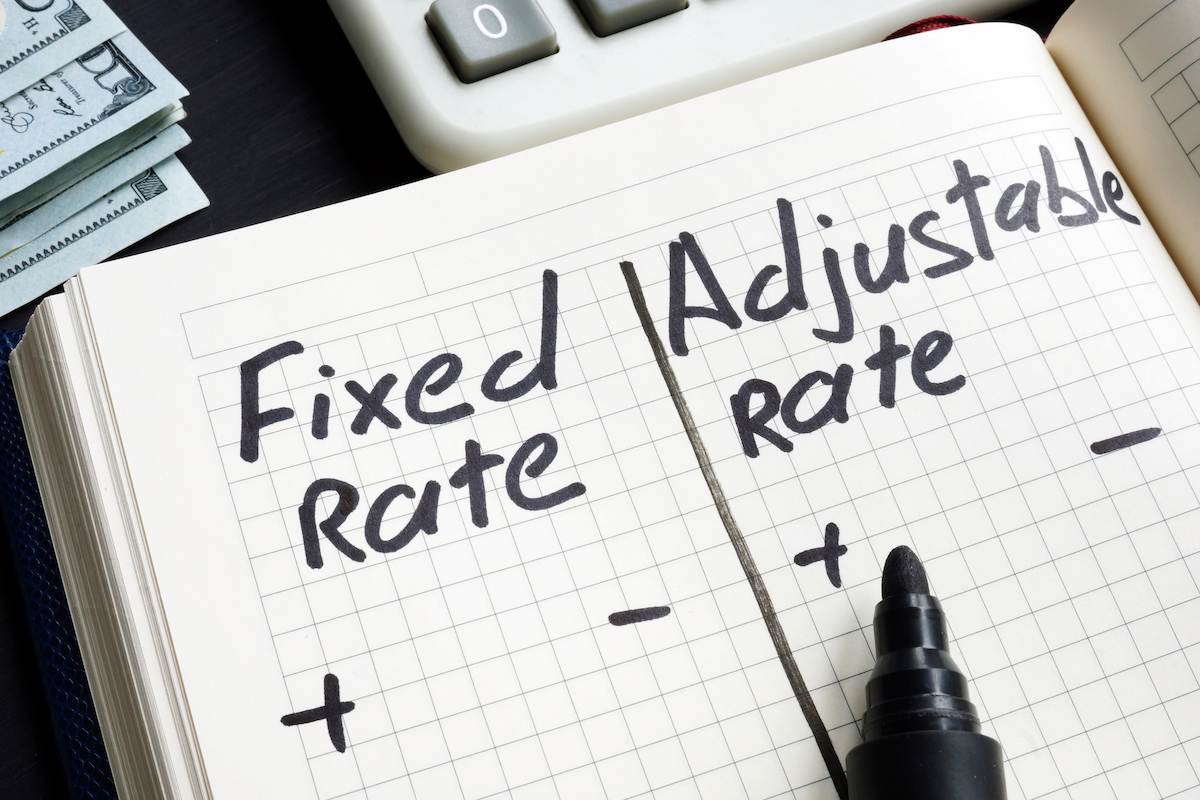How is a Mortgage Rate Calculated?

For many Canadians, their mortgages are the largest investments they will ever manage. Few ventures come with the caveat of costing as much as purchasing a home. With that in mind, it can be easy to focus exclusively on the principal amount and not the other numbers attached to it. You guessed it, we are talking about interest rates. Even though these percentages may appear small on paper, the reality is that they can cost homeowners tens of thousands of dollars over the amortization of their mortgage. As a borrower, knowing how a mortgage rate is calculated is an integral part of making well-informed decisions regarding your homeownership journey.
Variable Rate Mortgages
Canada’s Big Five Banks use the Bank of Canada’s overnight target rate to set their own prime rates. This overnight rate is used to manage inflation. If the economy is struggling, as it is now with the challenges of the pandemic, the BoC will reduce its overnight rate with the intent that the lower rates will encourage Canadians to buy and therefore stimulate the economy. On the other hand, the rate is set higher in times of prosperity to ensure that inflation doesn’t skyrocket. Your variable rate mortgage is set against the prime rate. A lender will usually add on an additional percentage to the prime rate, known as a delta. For example, you could be offered a rate of prime plus 2%. If the prime is 2.5%, then your rate would be 4.5%.
Fixed-Rate Mortgages
Alternatively, fixed mortgage rates aren’t set by the prime rate. They are largely influenced by the government bond market. Banks use forecasted earnings from bond investments from the 5-year bond yield market to determine their fixed mortgage rates. The resulting percentages that are passed onto homeowners in the form of mortgage rates tend to be higher than variable-rate ones. This is because fixed-rate comes with the stability of having consistent monthly mortgage payments.
Lender Considerations
The deltas and additional costs tacked onto your interest rate are determined by a number of different factors. Lenders will consider the length of your mortgage term, your credit history and score, your work history, if you are self-employed, and more. Some lenders even offer discounted interest rates that they do not post for the general public. If you are working with a mortgage broker, they will have the benefit of lender relationships to help connect you with that lower rate. If you are on your own, don’t forget to ask your lender about discounted rates. You may be surprised at what options you’re eligible for!
Mortgage rates may seem arbitrary to the untrained eye, but they are calculated using two major factors: the economy and your financial circumstances. For personalized advice on the current market and the record-breaking low rates we are experiencing in Alberta right now, contact our team today!

